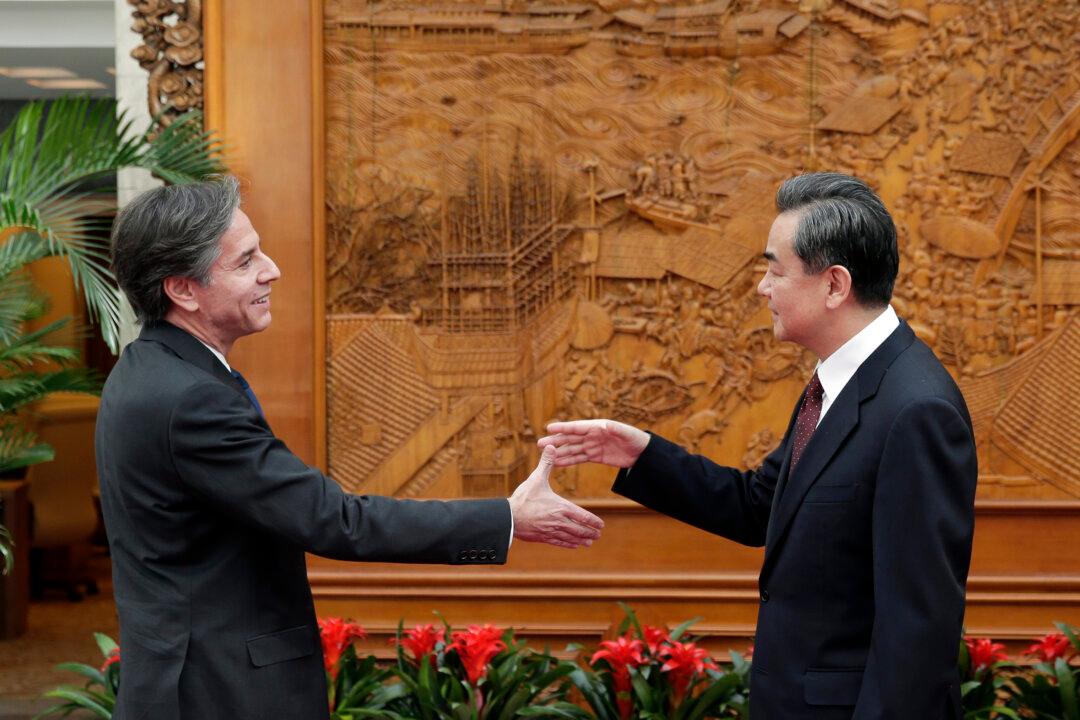Chinese Foreign Minister Wang Yi said on Aug. 29 that Washington’s “attitude toward China” would decide how the two countries would work together on Afghanistan, during a phone call with U.S. Secretary of State Anthony Blinken.
Wang not only set the conditions for bilateral cooperation, but also accused the United States of “fighting terrorism selectively,” according to a statement published by the Chinese foreign ministry.



